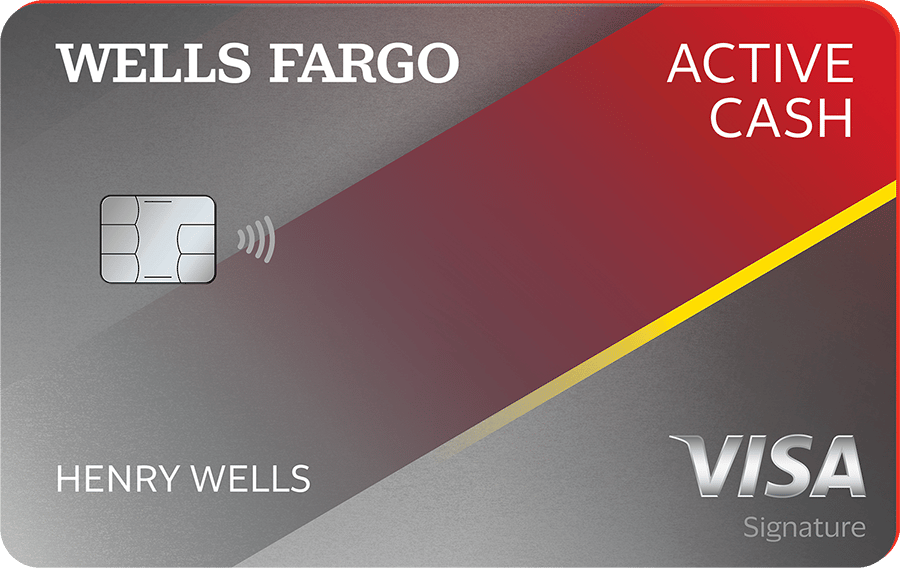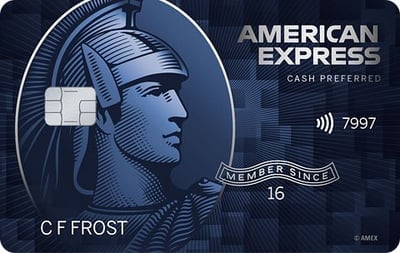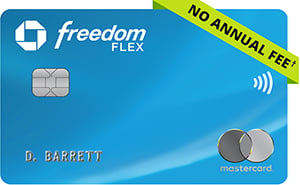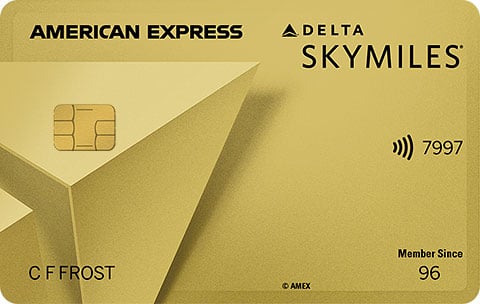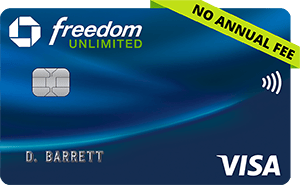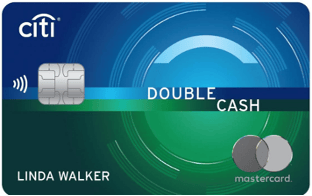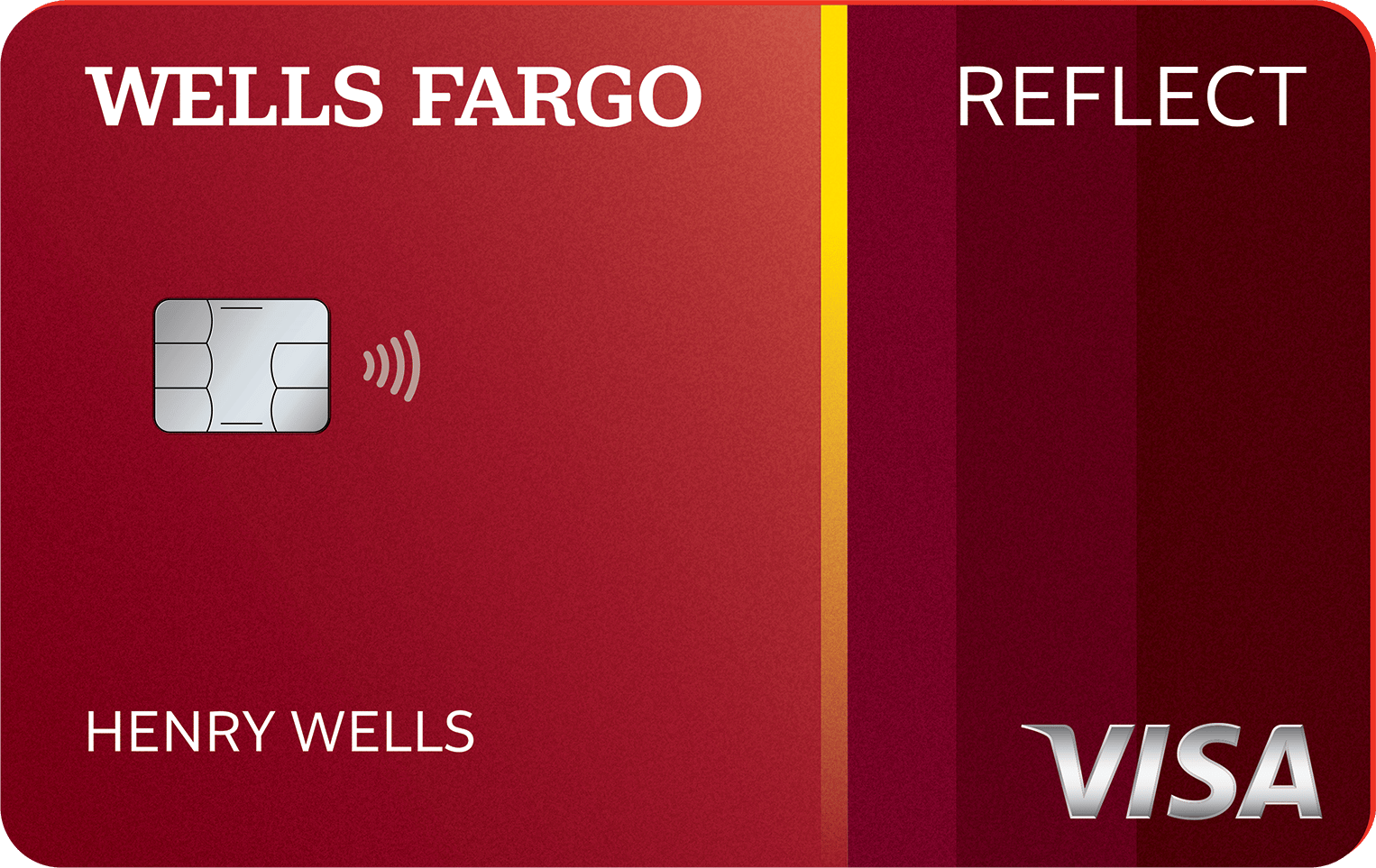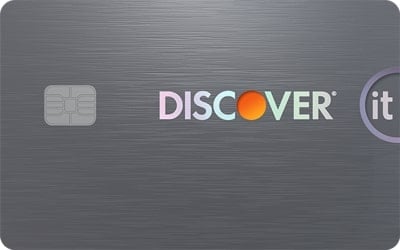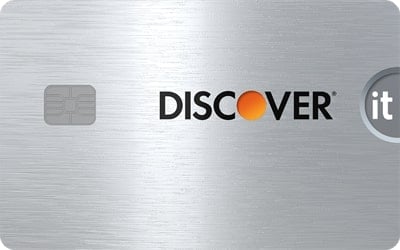3 Major Types of Credit Cards
Some credit cards earn rewards, some save you money on interest, and some help you build or rebuild credit.

Many or all of the products on this page are from partners who compensate us when you click to or take an action on their website, but this does not influence our evaluations or ratings. Our opinions are our own.
With thousands of credit cards on the market, understanding which one is right for you can be overwhelming. Fortunately, most cards can be classified into three major categories based on the features they offer: rewards credit cards, low interest and balance transfer cards, and credit-building cards. This classification can help you narrow down your choices.
It’s important to note, however, that these three categories aren't rigid or mutually exclusive. For example, a card that saves you money on interest can also earn rewards or help you build credit. Also, the best type of credit card for you will depend on what you need from a card, your spending habits and sometimes your card-holding and credit histories.
But to better understand what to look for in a card and what certain categories might generally offer you, here are the three major types of credit cards.
» LEARN THE BASICS: Credit Cards 101
Ready for a new credit card?
Create a NerdWallet account for insight on your credit score and personalized recommendations for the right card for you.

1. Rewards credit cards
Rewards credit cards give you a little something back with each purchase. Such cards generally include cash-back cards, which earn back a percentage of your spending, and travel rewards credit cards, which typically give you points or miles for purchases you make.
Cash-back credit cards
Cash back cards earn flat-rate rewards, tiered rewards or rotating bonus rewards.
Flat-rate cards earn a fixed rewards rate regardless of what you purchase with your card, which makes them easy to use. The industry standard is 1.5% back, though several 2%-back cards exist now. The $0-annual-fee Wells Fargo Active Cash® Card, for example, earns an unlimited 2% back on all purchases.
Tiered-rewards cards require a little more effort because they earn different rates in different spending categories. This means that if you tend to spend more in certain areas, you’ll want to opt for a card that earns bonus rewards in categories that match up with your spending. For instance, if you’re an avid grocery spender, the Blue Cash Preferred® Card from American Express might be a good pick. It earns 6% cash back* at U.S. supermarkets (on up to $6,000 in spending per year and then 1% thereafter); 6% on U.S. streaming services; 3% on eligible transit and at U.S. gas stations; and 1% on all other spending. Terms apply (see rates and fees).
Rotating bonus cards, like the Chase Freedom Flex®, tend to be even more complex. That’s because they feature different bonus categories that rotate monthly or quarterly. And for most of these cards, you’ll have to activate the new bonus categories when they rotate to earn elevated rewards.
Travel rewards credit cards
If you’re looking for a card that rewards you for travel-related spending, you can consider a general travel rewards card or a co-branded travel credit card.
General travel cards, like the Capital One Venture Rewards Credit Card, get you cash back for travel related purchases you make, and are typically more flexible with how you can redeem those rewards. With that specific Capital One card, you’ll earn an unlimited 2 miles per dollar spent on everything, which can be redeemed for any travel expense.
Co-branded cards, on the other hand, are valuable if you're already a frequent customer of a particular airline or hotel. The Delta SkyMiles® Gold American Express Card, for example, might be a good option for Delta loyalists. It earns double miles on eligible Delta spending, and on purchases made at restaurants worldwide and at U.S. supermarkets. Plus, you'll earn 1X mile on all other eligible purchases. New cardholders are eligible for the following welcome offer: Earn 70,000 Bonus Miles after you spend $3,000 in purchases with your new Card, and an additional 20,000 bonus miles after you make an additional $2,000 in purchases on the Card, both within your first 6 months. Ends 04/01/2026. Terms Apply. It charges an annual fee of $0 intro for the first year, then $150. Terms apply (see rates and fees).
🤓 Nerdy Tip
The best rewards cards generally require good to excellent credit. There are options for people with fair or bad credit, but rewards cards tend to charge high interest rates, so if you carry a balance from month to month, the interest can easily negate the value of the rewards. 2. Low-interest and balance transfer cards
If you pay your credit card bill in full every month, then the interest rate on your card doesn't really matter. That's because interest is charged only when you roll debt over from one month to the next. But not everyone can pay in full, and there are cards specifically designed for people who are carrying debt.
Low-interest or 0% cards save you money by reducing the amount of interest charged on your purchases. The Chase Freedom Unlimited®, for example, offers 0% intro APR on purchases and Balance Transfers for 15 months, and then the ongoing APR of 18.24%-27.74% Variable APR. It has a $0 annual fee.
Balance-transfer cards let you move high-interest debt onto a card with a lower interest rate. For instance, the Citi Double Cash® Card gives new cardholders 0% intro APR on balance transfers for 18 months, and then the ongoing APR of 17.49%-27.49% Variable APR for a $0 annual fee.
» MORE: Best balance transfer cards
There are also 0% cards that offer intro APR periods on both purchases and balance transfers, which typically offer interest-free windows of 15 to 18 months — although some offer longer promotional periods. The Wells Fargo Reflect® Card, for instance, features a 0% intro APR for 21 months from account opening on purchases and qualifying balance transfers, and then the ongoing APR of 17.49%, 23.99%, or 28.24% Variable APR.
Note that the best 0% intro APR and balance-transfer card offers are usually available only to people with good to excellent credit (a score of at least 690 on the FICO scale).
3. Credit-building cards
Consumers with poor credit scores, or who are new to credit cards entirely, may find a card that can help to build or improve their credit useful.
Secured credit cards are one of the best ways to build credit. They require a security deposit, which is usually equal to your credit limit. The deposit makes the card less difficult to get since it reduces the risk to the credit card company. And with responsible use, you’ll be able to get the deposit back when your score has improved enough. In some cases, you’ll also be able to upgrade to an unsecured card that offers more benefits or rewards. The Discover it® Secured Credit Card is a good secured card option for those looking to build credit. The $0-annual-fee card requires a minimum deposit of $200 and offers the option to upgrade to a regular credit card with responsible use. And unlike many such card options, it also offers ongoing rewards: Cardholders can earn 2% cash back at gas stations and restaurants on up to $1,000 in combined purchases each quarter. All other purchases earn 1%.
Student credit cards are for college students looking to get started on their credit journeys. Such cards work like regular credit cards, minus the perks and incentives, and generally require proof of college enrollment to qualify. The $0-annual-fee Discover it® Student Chrome, for instance, has no FICO credit history requirement and comes with ongoing rewards — the latter of which is uncommon for such cards. It also comes with a potentially lucrative welcome offer.
Alternative cards, now offered by a number of issuers, look beyond credit scores during the approval process. This makes it easier for those without established credit histories to apply and get approved. Such alternative credit card options use nontraditional underwriting methods, based on factors like income, employment and bank account information, to determine eligibility.
What’s next?
*Cash Back is received in the form of Reward Dollars that can be redeemed as a statement credit or at Amazon.com checkout.
To view rates and fees of the Blue Cash Preferred® Card from American Express, see this page.
To view rates and fees of the Delta SkyMiles® Gold American Express Card, see this page.
Article sources
NerdWallet writers are subject matter authorities who use primary,
trustworthy sources to inform their work, including peer-reviewed
studies, government websites, academic research and interviews with
industry experts. All content is fact-checked for accuracy, timeliness
and relevance. You can learn more about NerdWallet's high
standards for journalism by reading our
editorial guidelines.
Limited Time Only: Earn $1,000 Toward Travel!
Capital One Venture Rewards Credit Card 
Travel

For a limited time, the
Capital One Venture Rewards Credit Card is offering new cardholders an especially rich bonus: Enjoy $250 to use on Capital One Travel in your first cardholder year, plus earn 75,000 bonus miles once you spend $4,000 on purchases within the first 3 months from account opening - that’s equal to $1,000 in travel!
Find the right credit card for you.
Whether you want to pay less interest or earn more rewards, the right card's out there. Just answer a few questions and we'll narrow the search for you.
Related articles



